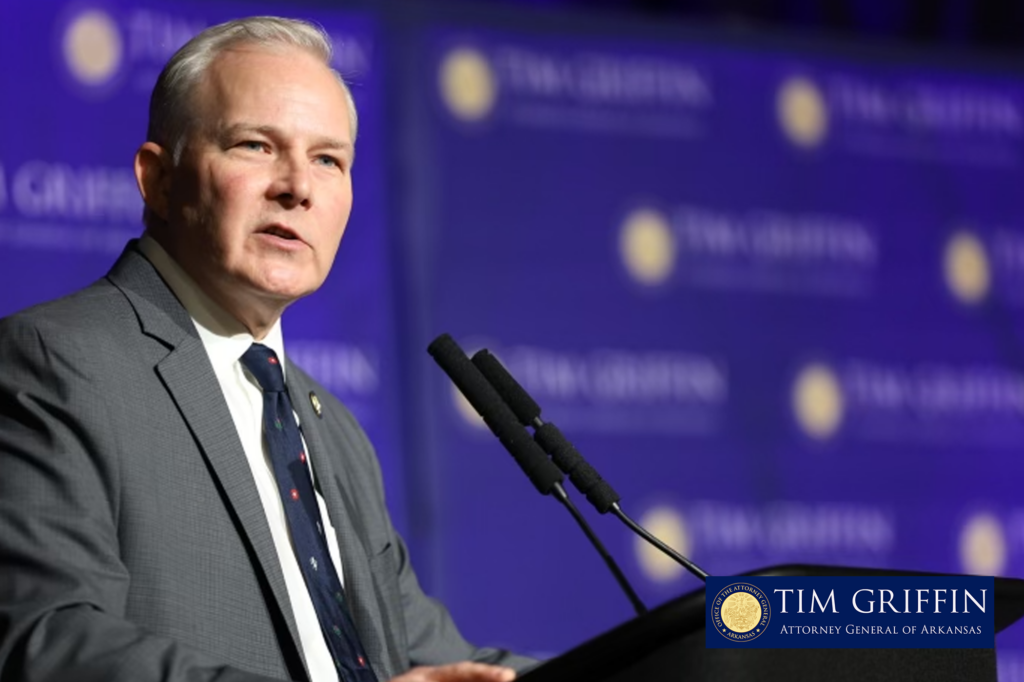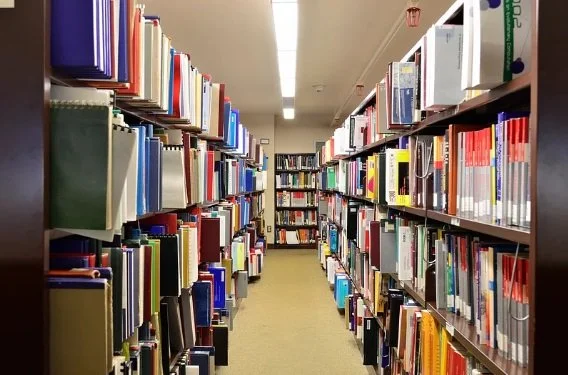“More importantly, no negative impacts were observed as a result of late-season nitrogen applications,” he said.
The work with mowing height also yielded an interesting insight, Hutchens said.
“Mowing height didn’t have a substantial effect on winterkill, but it did reduce winter weed populations when we mowed at higher heights, which is a really useful finding and a serendipitous takeaway from the study,” Hutchens said.
“The general rule of thumb is to increase mowing heights slightly as bermudagrass approaches winter dormancy,” McCall said. “How much depends on the starting point while actively growing in-season.
“In our study, 0.75 inches seemed to be the sweet spot, though we did not see consistent impacts of mowing height on winter injury. We did, however, notice that mowing lower at 0.5 inches opened the canopy enough for weeds to germinate much more frequently, and mowing at 1 inch sometimes slowed spring green up a little,” he said.
McCall noted that these mowing heights are considerably lower than how a home lawn should be maintained.
Moisture is critical
Due to mild and wet winter conditions at the field trial locations in Maryland and Virginia, the researchers performed several experiments using freeze chambers to mimic winter weather conditions. When Hutchens started his job in Arkansas, he worked with Battaglia and DeBoer to evaluate the relationship between soil water content and level of cold-weather injury.
DeBoer, who mainly participated in the study as a Ph.D. student at the University of Arkansas before taking up his post with the LSU AgCenter, said the research found a strong association between soil moisture and winterkill symptoms.
“There is definitely a positive correlation with increased soil moisture prior to short-term freezing events, resulting in better turf survival,” DeBoer said.
One possible explanation according to DeBoer may be a temporary heating effect from the irrigation water buffering the roots from cold temperatures. DeBoer cautioned there is a high degree of variability from year to year and site to site.
“It’s not cut and dry, say, to irrigate your soil to 25 percent volumetric water content before a freeze, and you’ll be fine,” DeBoer said. “The idea is to avoid having droughty soil before a freezing event.”
Volumetric water content is a measurement of how much water a given volume of soil contains. The amount of water that a field can hold depends on the type of soil, Hutchens noted.
“Adequate soil moisture is certainly one of the most crucial management practices to reduce winterkill,” Hutchens said.
Reaping rewards from collaboration
Hutchens noted that the multi-state collaboration was a key part of the success of this study.
“You get a lot of different ideas and perspectives,” he said. “This project demonstrates that these collaborative efforts across multiple universities can be really successful. It takes a lot of legwork to organize it all, and the initial work is challenging, but the rewards that you reap from it are totally worth it.”
Hutchens said the team began the work in 2019 while he was a graduate student at Virginia Tech, working under McCall as his adviser. Booth was working as a research associate at Virginia Tech at the time before joining USGA. Doherty was a graduate student at the University of Maryland working under Roberts, who later took a job at Clemson University. DeBoer and Battaglia got involved when Hutchens moved to Arkansas in 2022.
“This project exemplifies the benefits of collaboration, as the primary study was performed at three geographically unique locations in the Mid-Atlantic,” McCall said. “By bringing in additional resources from northwest Arkansas, we were truly able to use broad strokes for practical recommendations to turfgrass professionals throughout the transition zone with confidence that our results apply across the board.”
In addition to the value of the research team’s collective experience, Roberts also noted the added value of testing recommendations across multiple geographical areas.
“Collaborative efforts not only helped push this research forward, but performing field research across multiple field sites in different states enhanced the recommendations offered to growers across the transition zone,” Roberts said.
This study was supported in part by grants from the Old Dominion Golf Course Superintendents Association; the Virginia Golf Course Superintendents Association; the Eastern Shore Association of Golf Course Superintendents; the Mid-Atlantic Sports Turf Managers Association; the Virginia Turfgrass Foundation; the Mid-Atlantic Association of Golf Course Superintendents; and the Golf Course Superintendents Association of America’s Environmental Institute for Golf.
The Arkansas Agricultural Experiment Station, Virginia Tech, Clemson University and the LSU AgCenter are part of a system of agricultural research centers at land-grant universities in the southern United States where scientists collaborate to conduct research and outreach focused on conserving the region’s natural resources and sustainably feeding a growing global population.
To learn more about Division of Agriculture research, visit the Arkansas Agricultural Experiment Station website. Follow us on X at @ArkAgResearch, subscribe to the Food, Farms and Forests podcast and sign up for our monthly newsletter, the Arkansas Agricultural Research Report. To learn more about the Division of Agriculture, visit uada.edu. Follow us on X at @AgInArk. To learn about extension programs in Arkansas, contact your local Cooperative Extension Service agent or visit uaex.uada.edu.
























